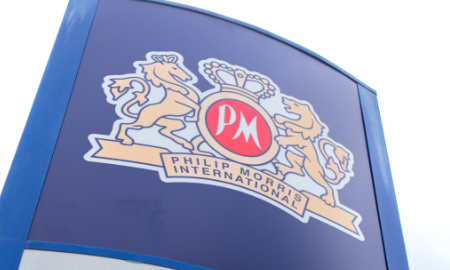This first edition, written by leading Private Client legal specialists from around the world, provides a highly practical, up-to-date jurisdictional comparison of the latest tax and non-tax developments for the private client profession in the areas of tax, estate and personal planning, administration of planning stru...
| 1yr
| 1yr
This first edition, written by leading Private Client legal specialists from around the world, provi...










